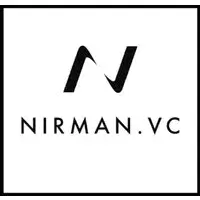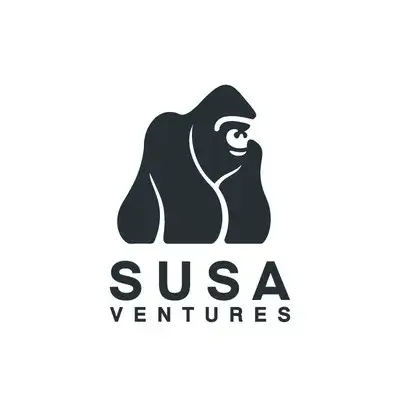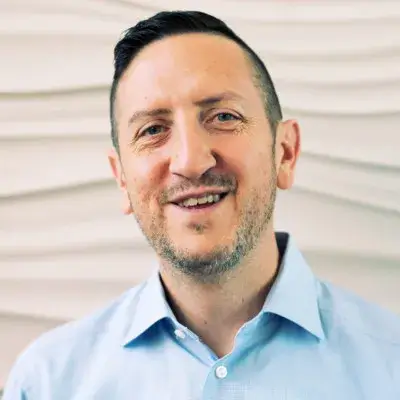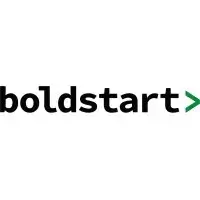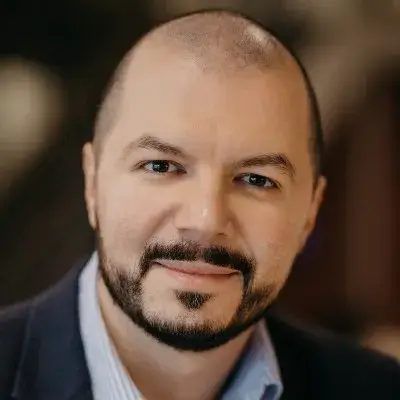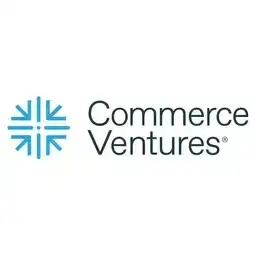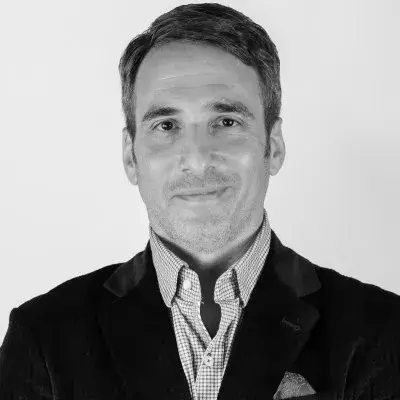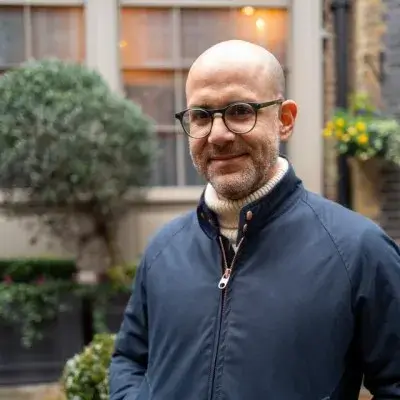Ready to launch your own podcast? Book a strategy call.
Frontlines.io | Where B2B Founders Talk GTM.
Strategic Communications Advisory For Visionary Founders
Conversation
Highlights
I’ll write a long-form article focusing on Scale VC’s unique investment approach and insights for B2B tech founders, emphasizing their GTM journey and tactical advice.
The Hidden Advantage of Founder Paranoia: Inside Scale VC’s Unconventional Investment Thesis
Most VCs chase founders with impressive pedigrees and flashy pitches. But in a recent episode of Category Visionaries, Brett Calhoun of Scale VC revealed a counterintuitive trait he looks for: paranoia.
“People who are extremely paranoid about their customers and their product and trying to get that last like 1% correct are always the best founders,” Brett explains. This obsession with perfection isn’t just about being detail-oriented – it’s about having an almost pathological drive to delight customers.
Operating from Columbia, Missouri, far from the echo chamber of Silicon Valley, Scale VC has developed a unique perspective on what makes founders successful. Their thesis has been validated by local successes like Zapier and Equipment Share, both Y Combinator alumni that grew into multibillion-dollar companies while deliberately staying under the radar.
The rise of these companies challenges conventional wisdom about what it takes to build category-defining businesses. Rather than focusing on pitch deck aesthetics or fundraising mechanics, Brett emphasizes the importance of founder articulation – the ability to clearly communicate complex visions.
“The ones that it takes like 20 minutes to explain to you what they’re doing. That’s a red flag,” Brett notes. “You’ve got to be able to do this in a couple of minutes.” This isn’t just about pitching investors. As he explains, “It’s important for when you’re trying to hire somebody and you have to sell that vision. It’s also important when you’re trying to get those first customers and get people to take a risk on your product.”
This focus on clear communication becomes particularly crucial when founders are trying to create entirely new categories. While many VCs shy away from category creation due to its inherent risks, Brett takes a different view: “I love investing in companies that are creating new categories. I mean, obviously that’s like the biggest risk, biggest reward.”
The current market environment has created unique opportunities for founders who embody these traits. With the largest tech layoffs in history flooding the market with talent, Brett sees this as “one of the best times ever to be an early stage investor.” The key is approaching fundraising strategically rather than opportunistically.
“You don’t want to just go to market out of nowhere and just plant your flag on the ground and say, we’re raising two million bucks,” he advises. Instead, Brett recommends building relationships well before fundraising: “You want to build up some momentum up to the raise to the point where people are asking you if they can invest in the company before you’re actually starting to raise.”
Scale VC’s approach to founder support reflects this emphasis on relationship-building. Rather than offering generic platform services, they leverage their partners’ operational experience in scaling companies from zero to billions in revenue. This includes expertise in building marketplace products, construction management software, robotics, and telematics – allowing them to support founders across the software-hardware spectrum.
For founders building in spaces like property technology, industrial hardware, or fintech, Brett’s perspective offers a refreshing alternative to the standard Silicon Valley playbook. Success isn’t about following a predetermined path or checking traditional boxes. It’s about maintaining that productive paranoia about product and customers, while building authentic relationships that can fuel growth.
This might explain why some of the most successful companies from Missouri have achieved massive scale while maintaining relatively low profiles. As Brett notes, “A lot of founders there just have a ton of humility and tend to fly under the radar and to move away from press.” In today’s market, that focus on substance over style might be exactly what founders need to succeed.






